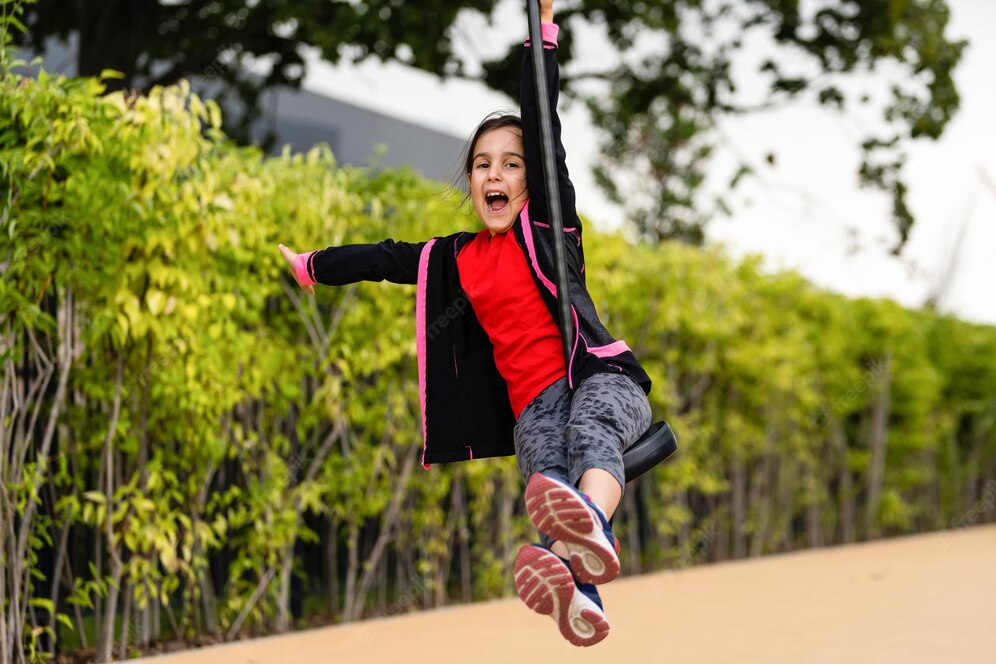5 years old is an important stage in your child’s development. At this age, children continue to develop their language, learning, thinking, physical and social skills. Therefore, it is important to provide your child with appropriate activities and games to support these skills.
To support language skills, you can do reading and speaking activities with your child. Reading books helps to expand their vocabulary and learn grammar rules. You can also improve their language skills by speaking with them frequently.
To support learning skills, encourage your child to learn new information. Explore new places with them and provide information about these places. You can also stimulate their curiosity and desire to learn by providing games and activities that are appropriate for their interests.
To support thinking and understanding skills, try to establish cause-and-effect relationships with your child. Ask them the “why?” question frequently and listen to their responses. You can also improve their thinking skills by playing problem-solving games with them.
To support physical skills, try to engage your child in physical activities. Play running, jumping and other movements with them. These movements help to develop their coordination and balance skills.
To support social skills, encourage your child to communicate with other children. Play with them and help them communicate with other children. You can also help your child understand the feelings of other children and teach them empathy.
To support social skills, encourage your child to communicate with other children. Play with them and help them communicate with other children. You can also help your child understand the feelings of other children and teach them empathy.
At this age, children are generally more attentive listeners and often start asking questions. Therefore, try to answer your child’s questions and try to provide them with information. This helps to stimulate their curiosity and desire to learn.
To help your child’s development, provide them with appropriate activities and games. For example, you can play puzzle games with them, give them the opportunity to try coloring and drawing. This way, your child will have the chance to develop their mental and physical skills.
In conclusion, the most important thing for 5-year-old children is to support their language, learning, thinking, physical, and social skills. To do this, do reading and speaking activities with your child, encourage them to learn new information, try to establish cause-and-effect relationships with them, engage them in physical activities, and help them communicate with other children.
Here is a translation of the developmental characteristics for 5 year old children:
Language skills: At 5 years old, children typically begin to form more complex sentences and express themselves thoughtfully. At this age, children often also learn the grammar rules of language.
Learning skills: 5 year old children are often attentive listeners and eager to learn new information. At this age, children often start to ask questions and gather knowledge.
Thinking and comprehension skills: At 5 years old, children often start to express their thoughts and understand cause and effect relationships. Children at this age frequently ask “why?”
Physical skills: 5 year old children often develop their coordination and become interested in more challenging physical activities. At this age, children often learn to control movements like running, jumping, and leaping.
Social skills: At 5 years old, children often improve their communication with other children and start to form friendships. At this age, children often become more empathetic and understand the feelings of other children.
Here is a translation of ways to support your child’s development:
To develop language skills, engage in reading and speaking activities with your child. For example, read books with them and try to repeat the words they learn.
To support learning skills, encourage your child to learn new information. For example, explore new places with them and give them information about those places.
To support thinking and comprehension skills, have n-e-w dialogues with your child that involve cause and effect relationships.
